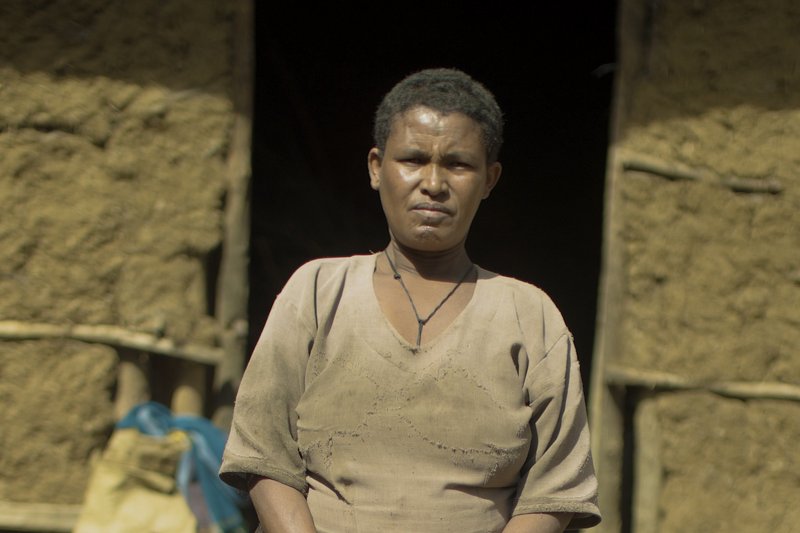
Haimamote Debebe lives in a remote area of Mekelle in Ethiopia. Her daily routine used to involve looking after the area where she and her husband live; washing clothes and helping to tend to livestock.
However, two years ago Haimamote started experiencing debilitating headaches and terrible pain in her eyes. Over time, her sight began to deteriorate, and she was unable to carry on working with her husband.
I can’t differentiate between people, I can’t cut my nails or really take care of myself, I have terrible pain and I can’t clean or do anything useful.” Haimamote said. “I have constant pain in my eyes and terrible headaches.
“It was two years ago that I started feeling the pain in my eyes and head, and now I have to sleep through half of the day because of the severe headaches. The light hurts my eyes. It is an awful feeling.”
Research has shown that women account for 80% of disability adjusted life years linked to trachoma-related blindness. This is because child care activities, as well as child birth, can increase the chance of contracting the disease; as can water-based domestic activities such as washing clothes, bathing young children and cooking.
69.8 million people are at risk of trachoma in Ethiopia, and over 165 million people throughout the world live in areas that are endemic for the disease. Its effects can be devastating. As Haimamote has discovered, not only is the pain unbearable, but it is also debilitating, forcing people out of work and often trapping people in cycles of poverty.
Trachoma, however, can be treated with antibiotics and surgery. Haimamote was diagnosed with trachoma by a local integrated eye care worker but lost her referral card for hospital. “Now I’ll travel to my local health centre and hope for another hospital referral so I can be treated” Haimamote said.
Published: May 2019